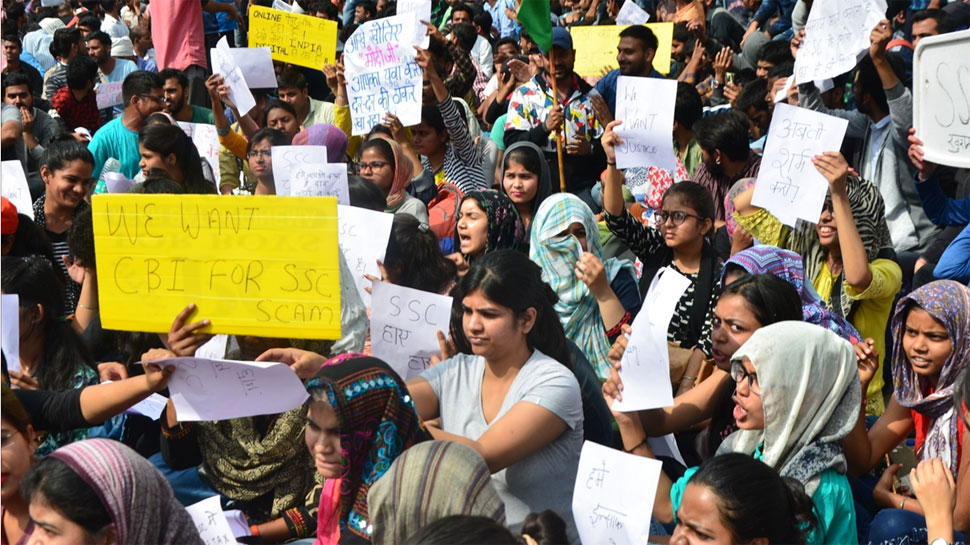Among veterans, raw responses to Trump’s effort to block refugees and others from Muslim countries
Kyle Dykstra served in the Army’s 82nd Airborne Division and deployed twice to Afghanistan before being discharged and becoming a State Department diplomatic security agent in Iraq. In both locations, he worked with Muslim interpreters who helped Dykstra understand the people, culture and threats around him.
The executive order that President Trump signed Friday suspending the admission of all refugees to the United States for 120 days and banning for 90 days the entry of any citizen from seven Muslim-majority countries outraged Dykstra as he recalled his experiences overseas. The decision showed not only a “sickening lack of empathy,” he said, but a lack of perspective for how it will complicate the lives of U.S. troops who work with Muslim troops and interpreters.
“This spits in the face of almost 16 years of cooperation with Muslim allies across the world,” said the former soldier, now in training in Iowa to become an emergency medical technician. “They can die for our security, but we can’t extend that same security to them now.”
[Trump order barring refugees, migrants from Muslim countries triggers chaos, outrage]
A federal judge granted an emergency stay Saturday preventing the deportation of travelers with valid visas from affected countries — Iran, Iraq, Libya, Somalia, Sudan, Syria and Yemen — to stay in the United States after landing. But Trump tweeted Sunday that “extreme vetting” is needed, and the Department of Homeland Security pledged to continue carrying out his order, drawing attention to a long-simmering conversation about what is appropriate, fair and legal to prevent terrorist attacks.
More than a dozen recent veterans told The Washington Post on Saturday that they were opposed to Trump’s order both on moral grounds and because of concerns it could endanger U.S. troops and interests. But several others said they were in favor of it, and that they could see a benefit to imposing similar restrictions on other Muslim-majority countries, such as Afghanistan, as well.
John Bernard, who retired as a Marine in 2004 and later lost his Marine son, Joshua, in an attack in Afghanistan in 2009, said that Trump’s executive order “makes perfect sense” to him. If the countries that Trump targets are unwilling or unable to stop potential terrorists from leaving, it makes sense for the United States to protect itself, he said. The religion of Islam, in Bernard’s estimation, includes teaching that can be dangerous.
“When I look at Islam, I’m not looking at the people,” said Bernard, who voted for Trump in Maine. “We’re not talking about hating Syrians, or Afghans, or Iraqis, or Yemenis. We’re talking about understanding the depravity of the ideology of Islam.”
There is one notable exception, though, Bernard said: Interpreters who have worked for years with deployed U.S. troops should be “shown deference” and allowed to enter. “As far as I’m concerned, if they’re willing to vouch for them, somebody needs to look at those folks.”
Allison Jaslow, a former Army captain who deployed twice to Iraq, said she can relate to the passion felt by people on both sides of the issue after losing friends there. But she is concerned that the Trump administration did not consider how the order would affect troops who are currently deployed to Iraq in the campaign against the Islamic State.
“Every day, I wear a bracelet on my wrist to remember my buddy who got blown up by a car bomb when we were deployed in Iraq in 2005, but today I’m thinking about the troops we have on the ground there now,” said Jaslow, who is nowchief of staff for the nonprofit Iraq and Afghanistan Veterans of America.
“How many of our brothers and sisters who are currently deployed are counting on nationals to fight alongside them?” Jaslow asked. “And if they risk their life to save the lives of American soldiers, are we not then willing to save their life?”
J.R. Salzman, an Army veteran who lost half of his right arm in Iraq in 2006, said that he likes neither Trump nor his presidential election opponent Hillary Clinton, but is “having a hard time” disagreeing with Trump’s effort.
“Terrorist groups have made it known they’re using the flood of refugees to try and infiltrate other countries,” Salzman said.
Salzman added that former president Barack Obama instituted a six-month ban on refugees from Iraq in 2011 — a fact that numerous conservative websites claimed Saturday was being overlooked. They cited a 2013 ABC News report that said flaws in the U.S. refugee screening program allowed some militants who had targeted U.S. troops in Iraq to resettle in the United States.
But James LaPorta, a Marine infantry veteran who completed two deployments to Afghanistan, said that it is wrong to say the United States doesn’t already have a strict vetting process for refugees. LaPorta said that he once vetted Muslim interpreters while working in intelligence, and found the process painstaking.
“As Americans, we promised to help give them asylum,” LaPorta said of interpreters. “We promised to leave no man behind. It just seems more like a cheap bumper sticker than a bond of trust.”
One Army veteran, Dylan Park, recalled meeting his former interpreter in Iraq, Brahim, years later while traveling to Arizona to attend the funeral of Park’s brother. Brahim picked him up in a taxi, and the men hugged when Park realized who his cab driver was. He said Brahim saved his life twice — once abroad and once in the United States.
(Published 2017/01/02 at 12:29 am)




















Comments